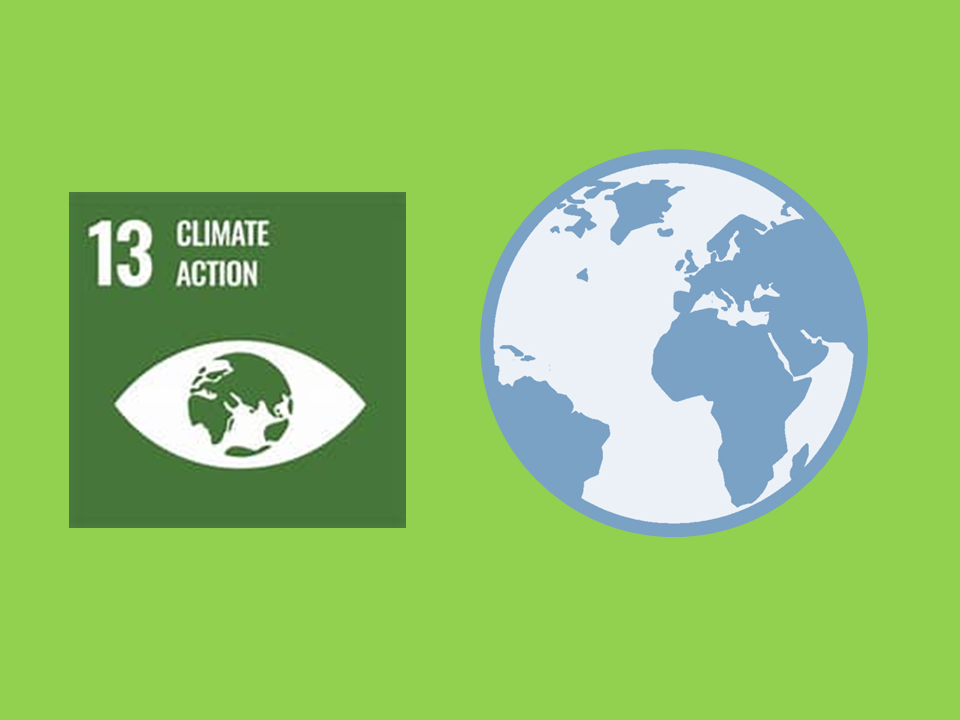Pick Up
967. People's Awareness and Willingness to Act on Climate Change

967. People's Awareness and Willingness to Act on Climate Change
A stable climate is the common property of the world and requires the commitment of people around the world to mitigate climate change. Therefore, it is important to understand the "human factor" in climate action from a behavioral science perspective, but there is a lack of international and comprehensive data on individual motivation, societal perceptions, and demands on governments in climate action.
Nature Climate Change published the results of a study in which approximately 130,000 individuals in 125 countries, representing 96% of global greenhouse gas emissions, 96% of global GDP and 92% of the world's population, were asked about their willingness, desire and perception to contribute to climate change. The study's findings are presented below.
The study examined four aspects: willingness to contribute financially, acceptance of social norms in climate mitigation, political and policy demands, and perceptions of others' willingness to contribute.
First, the study asked individuals about their willingness to contribute (WTC) by asking if they would be willing to donate 1% of their household income each month to climate action. 69% of respondents agreed to donate the equivalent of 1% of their income, 26% disagreed, and 6% were willing to donate in the range of 0-1%. The willingness to contribute 1% of income averaged 62% in the top wealth countries, compared to a high of 78% in the bottom 50% of countries in terms of GDP per capita. Since a country's GDP per capita also correlates with national climate resilience and economic strength, the study highlights that the more economically powerful a country is, the less willing its citizens are to contribute financially to climate action. The impact of temperature is also mentioned. The warmer the climate, the higher the willingness to contribute, with a WTC of 77%, higher than the average WTC of 64% for countries with colder climates.
Next is support for social norms related to climate change. Specific examples of social norms include support for a shift to green energy and support for regulation of private cars. 86% of all respondents said that climate change should be addressed by those around them, i.e. their own citizens. In 119 countries surveyed, two-thirds of respondents agreed with social norms.
When it comes to national policies such as investments in renewable energy, CO2 emission controls and carbon taxes, 89% of all respondents said they want their governments to do more than they are doing now. Governments need to be aware of people's demands and develop proactive climate policies.
Finally, there is the perception (belief) of others about the WTC. The survey found that an average of 43% of respondents believe that others around them support climate action. This result is lower than the 69% of those who donate 1% of their income, indicating a gap between perceptions and reality.
In sum, the study found that the world is in a state of pluralistic ignorance, where many people actually underestimate the willingness of others to contribute to climate action, even when they are willing to do so. This perception gap and the conditioned cooperative behavior of individuals pose a challenge in promoting future climate action. Therefore, raising awareness of support for climate action at the global level will be critical to fostering a concerted effort by people around the world to address climate change.
※ Japan was ranked 117th with 48.8% of eligible respondents (average 69%) in favor of the WTC with 1% household income and 8.1% awareness of the WTC for the majority of the population, lower than the international average, indicating that social norms and political policies are moving forward while individuals are cautious in their response.
Reference
Andre, P., Boneva, T., Chopra, F. et al. Globally representative evidence on the actual and perceived support for climate action. Nat. Clim. Chang. (2024). https://doi.org/10.1038/s41558-024-01925-3
Contributors: Solongo TUMUR and IIYAMA Miyuki (Information Program)
